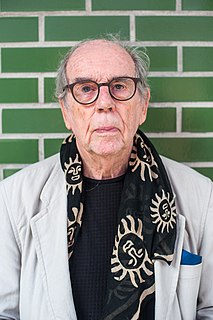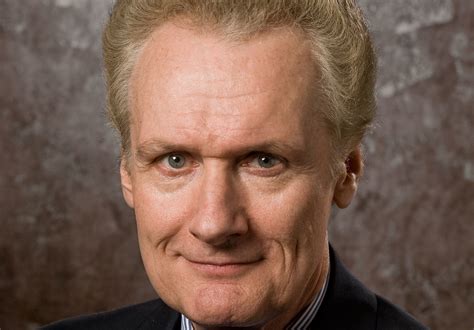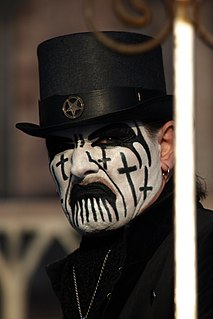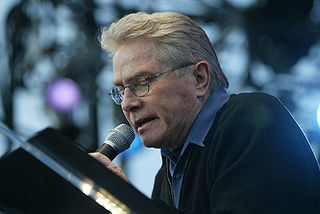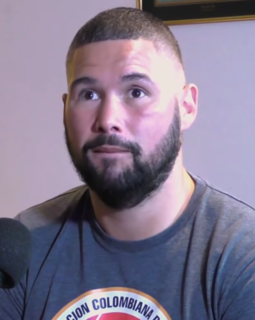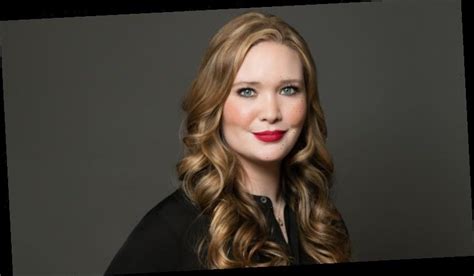A Quote by Marie Osmond
I don't claim to know everything. I claim to be a seeker of knowledge.
Quote Topics
Related Quotes
To claim that science and religion pose different questions to the world is not to suggest that if the bones of Jesus were discovered in Palestine, the pope should get himself down to the dole queue as fast as possible. It is rather to claim that while faith, rather like love, must involve factual knowledge, it is not reducible to it.
The claim that myth is always a narrative spin-off of ritual; the claim that myth is the projection of human anxieties onto a cosmological scrim; the claim that myths are invented to give sanction to human predilections and institutions... These are ways of trivializing a mode of thought that has served humanity well for a very long time.
If I ask you who is the most famous scientist who ever lived, or the greatest scientist who ever lived you'll say either Einstein or Newton or something like that because their claims were supposed to apply universally. But the claim of somebody who is studying a particular feature of the evolutionary process like whether it's very fast or very slow, or occurs in steps and so on, that's not a universal claim, that's a rather specialised claim and so you can't claim to great fame and great success.



